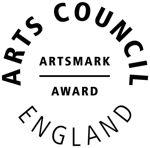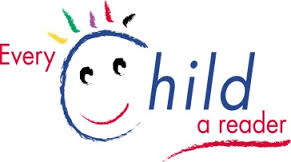MFL - Language Angels - Knowledge Organisers / Curriculum map
Crosslee Primary School intends to use the Language Angels scheme of work and resources to ensure we offer a relevant, broad, vibrant and ambitious foreign languages curriculum that will inspire and excite our pupils using a wide variety of topics and themes. All pupils will be expected to achieve their full potential by encouraging high expectations and excellent standards in their foreign language learning - the ultimate aim being that pupils will feel willing and able to continue studying languages beyond key stage 2.
The intent is that all content will be continuously updated and reviewed annually, creating a dynamic programme of study that will be clearly outlined in both long-term and short-term planning. This will ensure that the foreign language knowledge of our pupils progresses within each academic year and is extended year upon year throughout the primary phase and, in so doing, will always be relevant and in line with meeting or exceeding national DfE requirements.
The four key language learning skills; listening, speaking, reading and writing will be taught and all necessary grammar will be covered in an age-appropriate way across the primary phase. This will enable pupils to use and apply their learning in a variety of contexts, laying down solid foundations for future language learning and also helping the children improve overall attainment in other subject areas. In addition, the children will be taught how to look up and research language they are unsure of and they w
ill have a bank of reference materials to help them with their spoken and written tasks going forward. This bank of reference materials will develop into a reference library to help pupils recall and build on previous knowledge throughout their primary school language learning journey.
The intent is that all pupils will develop a genuine interest and positive curiosity about foreign languages, finding them enjoyable and stimulating. Learning a second language will also offer pupils the opportunity to explore relationships between language and identity, develop a deeper understanding of other cultures and the world around them with a better awareness of self, others and cultural differences. The intention is that they will be working towards becoming life-long language learners.
The files that are attached below include the curriculum map for this current year,inclution map and knowledge organisers for each year group and unit.
How are knowledge organisers used in the classroom?
There are numerous ways to use knowledge organisers, but the following are the most important ways to make the most of knowledge organisers in a classroom setting.
- Teachers can use knowledge organisers as a teaching resource and give them to the children before starting a new lesson.
- Knowledge organisers can be used as a retrieval tool. Teachers will ask the children if they know more than what is included in the knowledge organiser. Children will be asked ‘why’ questions to broaden their understanding and add detail. This will not only help the students to improve their knowledge beyond the baseline outlined on the knowledge organiser but they will also build stronger subject schemas.
- A major benefit of knowledge organiser is, they can be used as an assessment tool to identify gaps in knowledge throughout the topic





.png)
